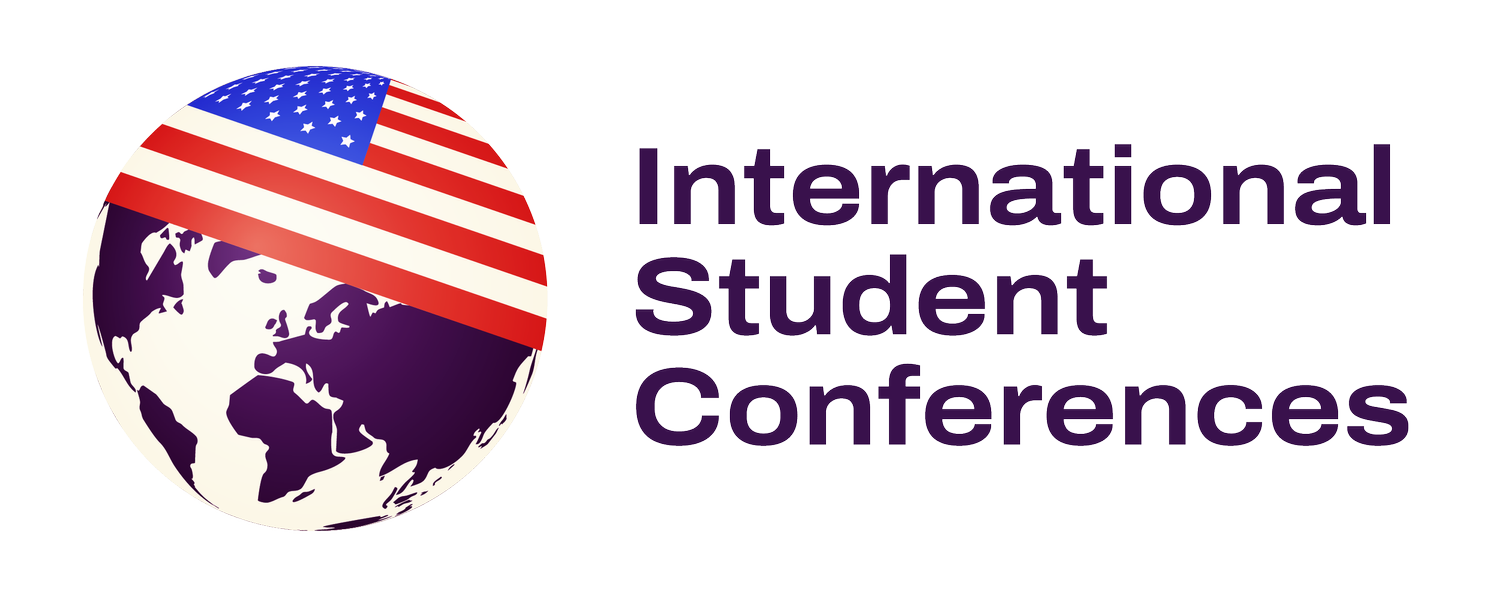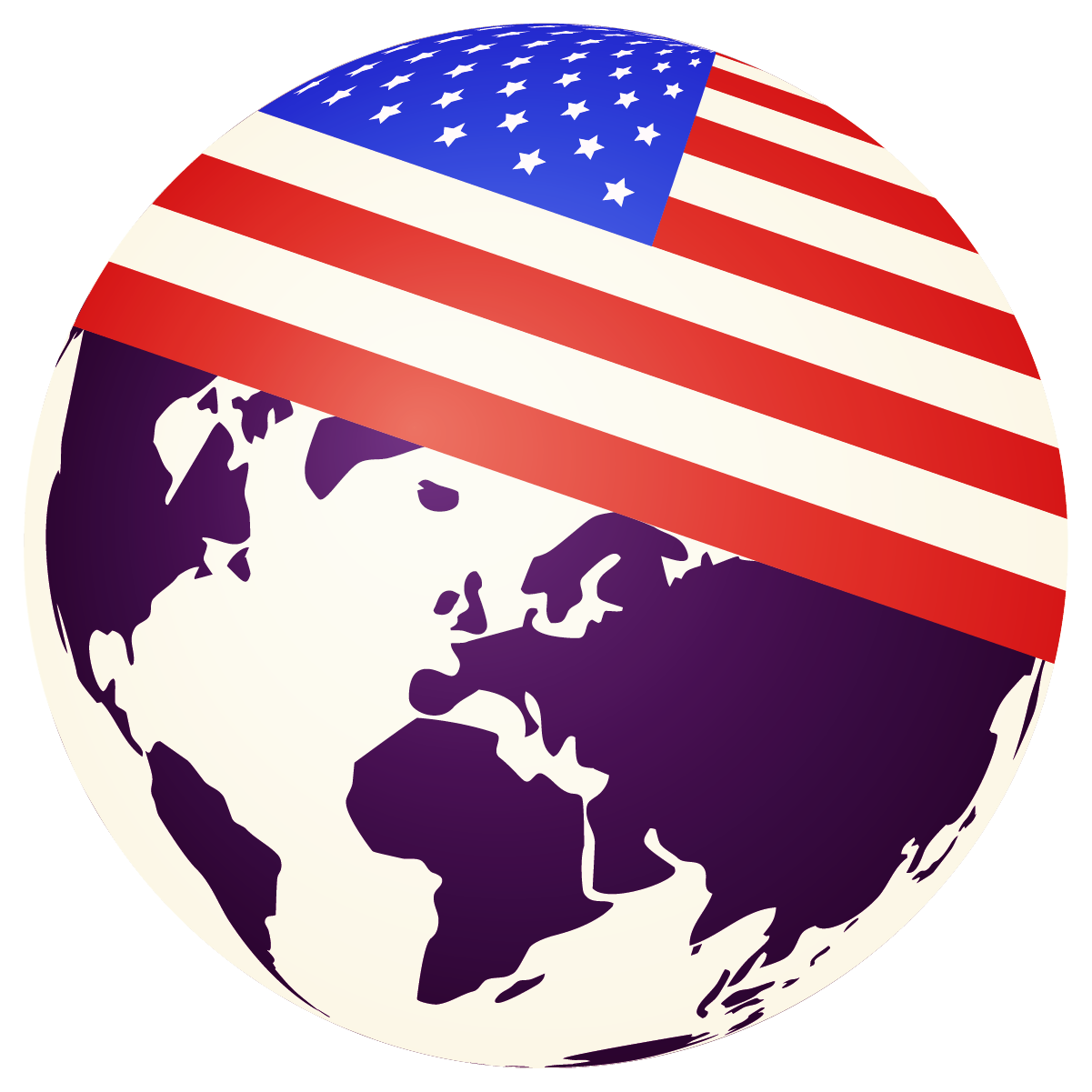ChASC 3: The First Day That Felt Too Long
June 5 – 17, 2023. Washington D.C., New York City.
"I remember how long the first day felt and thinking how tough this conference would be."
That's how one ChASC 3 delegate described June 5th, 2023 — the day eleven strangers met in Washington D.C. to spend two weeks proving that friendship doesn't require agreement.
By June 16th, that same delegate wrote: "Even after two weeks I was still sad to see it go. I felt a sense of belonging here that I hadn't in some time — or perhaps never have."
What Happens When You Actually Listen
Day 2: State Department briefing. Pierce Davis explaining U.S. policy on China coordination.
Day 3: Chinese Embassy. Young diplomats explaining their country's perspective on the exact same relationship.
Both briefings were honest. Both were true from their respective positions. And eleven students sat through both, asked hard questions at both, and left understanding that complexity isn't weakness — it's reality.
Then they went to lunch at a Uyghur restaurant and talked about what they'd just heard. Then to the Smithsonian Zoo to discuss how even pandas become diplomacy. The juxtaposition wasn't accidental — the Executive Committee knew that processing difficult information requires space to think, to argue, to digest.
The Moments Nobody Scheduled
The Bloomberg tour taught them about business. The UN visit showed them multilateralism. The Korea Economic Institute simulation demonstrated negotiation's challenges.
But what actually changed them?
Late-night documentaries on the Chinese Exclusion Act and One Child Policy — watching painful history together, discussing it honestly afterward. The Buddhist temple director in Flushing who spent hours answering every question from eleven exhausted students who couldn't stop being curious. The NYC Philharmonic concert at Central Park, conducted by someone who leads orchestras in both New York and Hong Kong — living proof that you can belong to both worlds.
Times Square after a nine-hour bus ride. Brunch in Flushing Chinatown. Walking through Manhattan Chinatown learning how immigrants built community despite exclusion. A private tour of Chinese art at the MET where beauty didn't require political agreement.
The Ambassador Jon Huntsman session where he told them: cultural understanding isn't optional for the work you want to do — it's the foundation. Build bridges. Forge your own paths.
What They Discovered
One delegate wrote: "Through engaging discussions, expert insights, and exposure to diverse viewpoints, I have gained a deeper understanding of the complexities and challenges in this dynamic relationship. ChASC has also provided me with a strong network of individuals who share similar aspirations, creating opportunities for collaboration and collective impact."
Another: "My ChASC experience has solidified my career goal of continuing to work in the field of US-China relations policy research in the future."
But the most revealing: "I think I've been lost for a long time; and I think ChASC helped me find a part of myself that I didn't know was there."
What Eleven People Proved
You can expose Chinese and American students to completely contradictory official narratives. You can make them sit through briefings that present opposing truths. You can simulate diplomatic failures. You can discuss human rights, historical violence, current tensions, sensitive topics both governments would prefer students not examine.
And what happens?
They ask better questions. They think more critically. They challenge assumptions — their own and each other's. They build friendships not despite disagreement but through the process of disagreeing respectfully, listening carefully, and discovering that the person across from you is more complicated and more human than any narrative allows.
Four Chinese students. Seven American students. Three Executive Committee members. Twelve days. Proof that "Building Friendships, Ensuring the Future" isn't naive — it's the most practical response to a relationship that affects billions of people.
Ambassador Susan Thornton told them near the end: the work you're doing matters. William Klein shared his 21 years of Foreign Service experience to show them what careers in this field look like. Stacy Lyon explained how language programs build understanding when political dialogue fails.
Every speaker said the same thing in different ways: we need you. The next generation who understands both countries, who has friends across the Pacific, who refuses to accept that cooperation is impossible.
First Day to Last Day
The first day felt too long because strangers were trying to figure out if this would work.
The last day ended too soon because friends didn't want it to end.
In between: visits to embassies and museums, simulations and seminars, documentaries and dinners, tough conversations and genuine laughter. Learning that you can disagree about politics and still care about each other. That complexity makes you smarter, not weaker. That the future of U.S.-China relations will be built by people willing to do the hard work of understanding.
Eleven students proved it's possible. That's what the fourth, fifth, sixth conferences can build on.
Interested in joining the next China-America Student Conference? Click here to learn more and apply.

